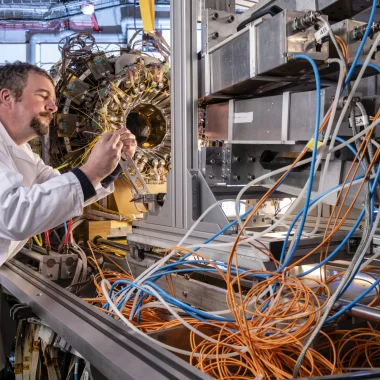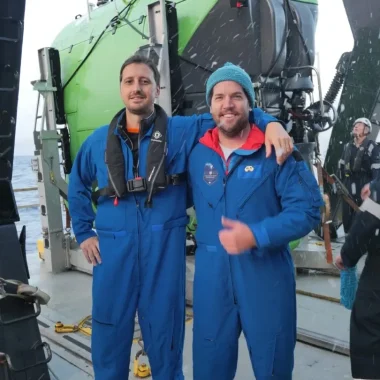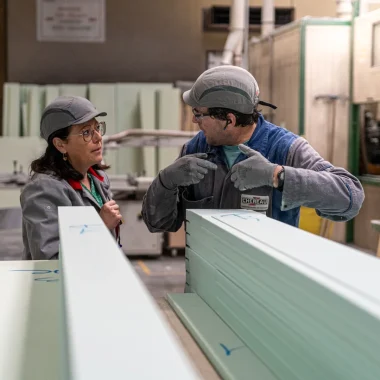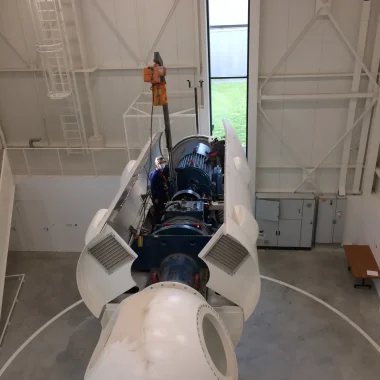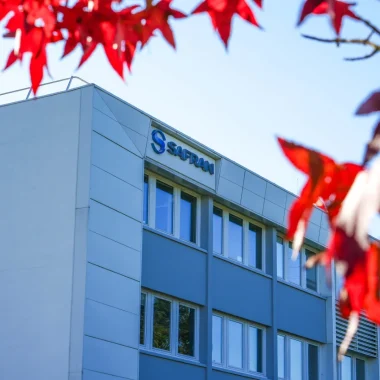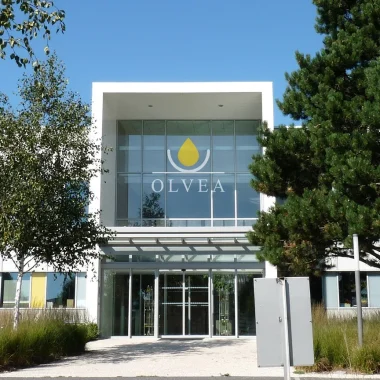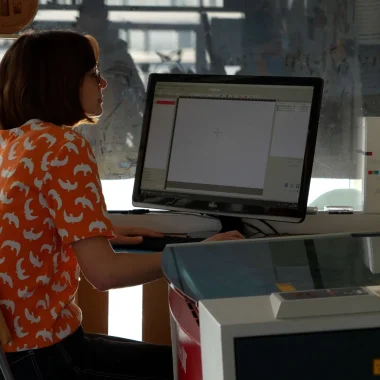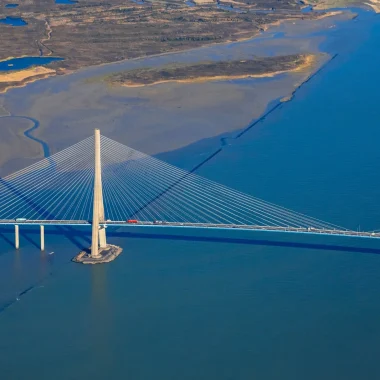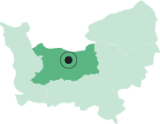
Environmental impact assessment, port risk management, optimised fishing, modelling, simulation and experimentation, navigational risk assessment and more. SINAY was founded in 2008 and has designed the first multi-business big data platform. The Normandy SME provides unique digital and maritime expertise and won the first Index French Blue Tech, an award promoting maritime start-ups with 23 other up-and-comers all over France. Let’s find out more.
Two skillsets
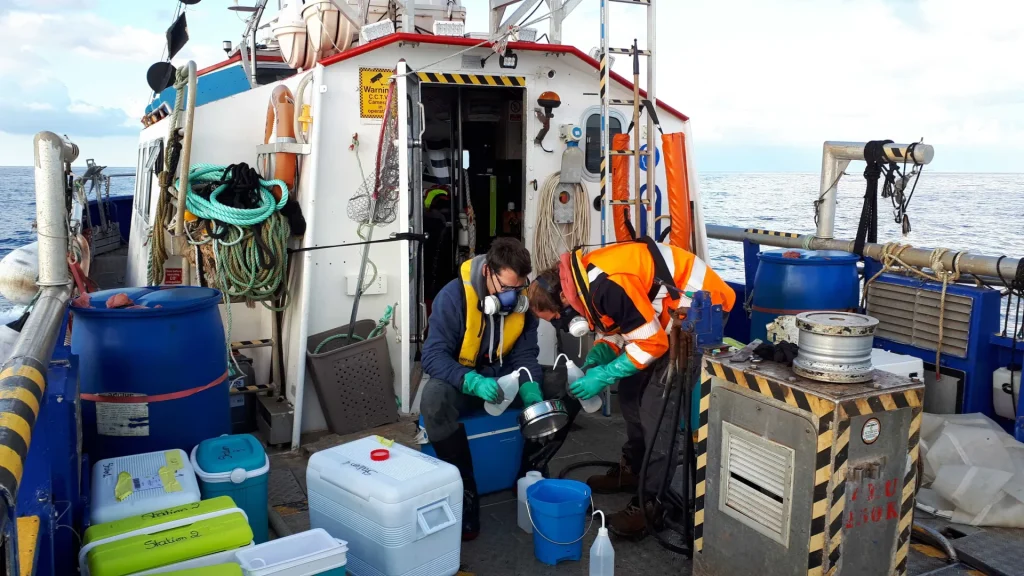
SINAY is a Normandy SME founded in Caen 15 years ago and is now an expert in maritime data collection and analysis. The company began life in the world of passive acoustics, studying underwater sounds and fishing: “human activity produces sounds, and we know that sea mammals travel using sonar that produces sounds, which can cause interference,” says the founder Yanis Souami. But underwater acoustics means recording underwater sounds on a hydrophone, which means huge amounts of data… “Our engineers could no longer process the data properly using traditional calculation methods, so they got the idea of using big data.”
We don't go with our gut, we go with our head; we use past experience and all the measurements to produce real information."
2017 marked a turning point for the SME, which now employs 100 people, when it designed the first maritime big data platform. What’s the idea? “We realised that a lot of sea-related sectors also had huge amounts of unprocessed data recorded by sensors, on boats etc. But they were missing a trick: it’s extremely important to conduct automatic calculations on the data to produce information that can steer your business in the right direction,” says Yani Souami. Can you give us an example? Just imagine that you can determine the best windows of opportunity to ensure operations go safely and smoothly in a specific area at sea just by analysing a combination of several pieces of data (current, wind strength, swell, wave height).
A star product, the Sinay Hub
The platform called the Sinay Hub is powered by over 350 terabytes of maritime data from all over the world. It is updated with new information on a daily basis to provide environmental and logistics forecasting that can be used in several areas by businesses involved in offshore energy, the maritime industry or to help protect marine biodiversity.
Another key feature: artificial intelligence, writing algorithms to automatically process data. That means data scientists in the company can categorise, store, safeguard and put the data in the right format before coding it to process it automatically.
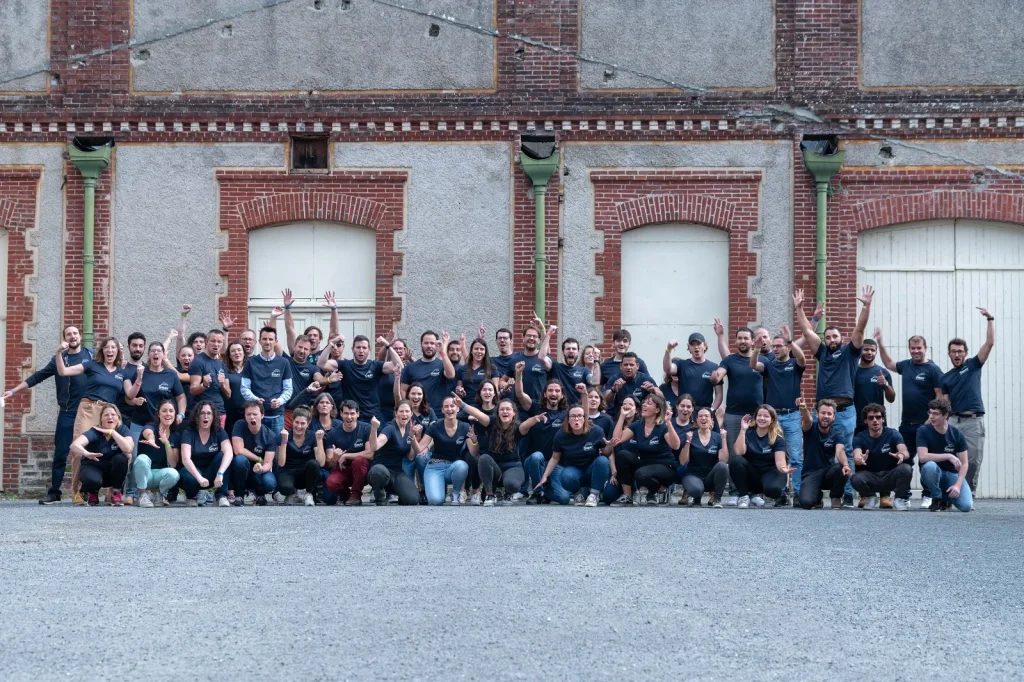
In the maritime industry, you always need the tide, current, weather, traffic… essential calculations that always appear the same way."
SINAY has used the database combined with AI to design standard applications, called modules, that meet the exact needs of clients. For example, environmental monitoring for work at sea with real-time alerts, sea mammal detection, risk analysis etc. The company can also design bespoke projects with applications tailored to specific requirements. “For example, Sinay designed an application called Netccobams for ACCOBAMS to identify hazardous areas in the Mediterranean Sea based on the presence of sea mammals and maritime freight.”
One mission: protect marine biodiversity
Offshore and submarine cables, ports and work at sea, fishing and fisheries, marine energy, shipbuilding etc. “We have to adapt to unique maritime features. We have always worked in the maritime world which means we have two skillsets,” says Yanis Souami. For example, Sinay is monitoring eight wind farms in France that are in the planning stages or under construction for their acoustics, megafauna, water quality or fisheries and ensuring they are in line with the project (initial, reference, work). The company is conducting characterisation reports on underwater sounds and sea mammals using passive acoustics over a period of 24 months.
The settings used for submerged devices can record both anthropogenic sound (produced by mankind and its activities) and bioacoustics produced by marine life.
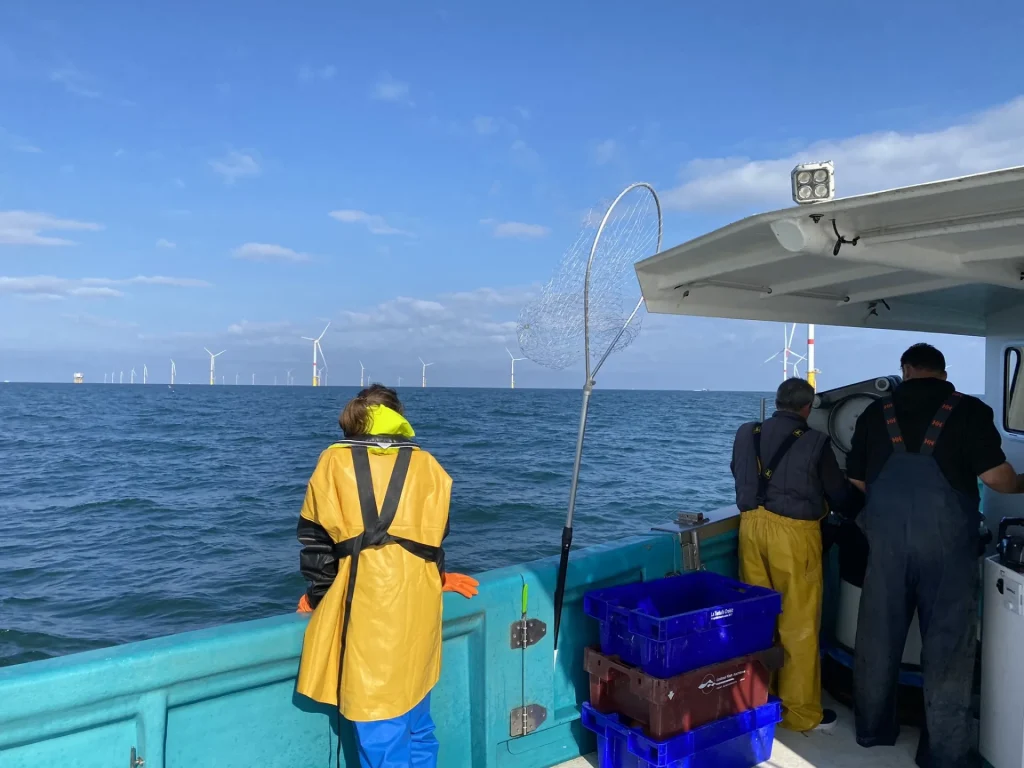
SINAY’s algorithms can identify and extract clicks by porpoises, clicks and whistles by oceanic dolphins, clicks by sperm whales, low frequency signals by rorquals and seal calls.
They also detect and describe sounds from ships and other human-related sources. ”These studies tie into an environmental evaluation system with the main objective being to avoid, reduce and off-set the risks and potential impact of setting up a wind farm in a marine environment,” says Ingrid Pilard.
After winning the Digital and Sovereignty award at the Index French Blue Tech in December 2023 and fuelled by a new fundraiser a few months ago, Sinay is continuing to grow and wants to improve its structure. The company is also working on a major new project: Bioship. “The idea is to create a scoring system for ships using environmental and logistics indicators to provide end users with an overview of their energy use,” says Yanis Souami.
A great project to give the maritime industry an even more sustainable future.
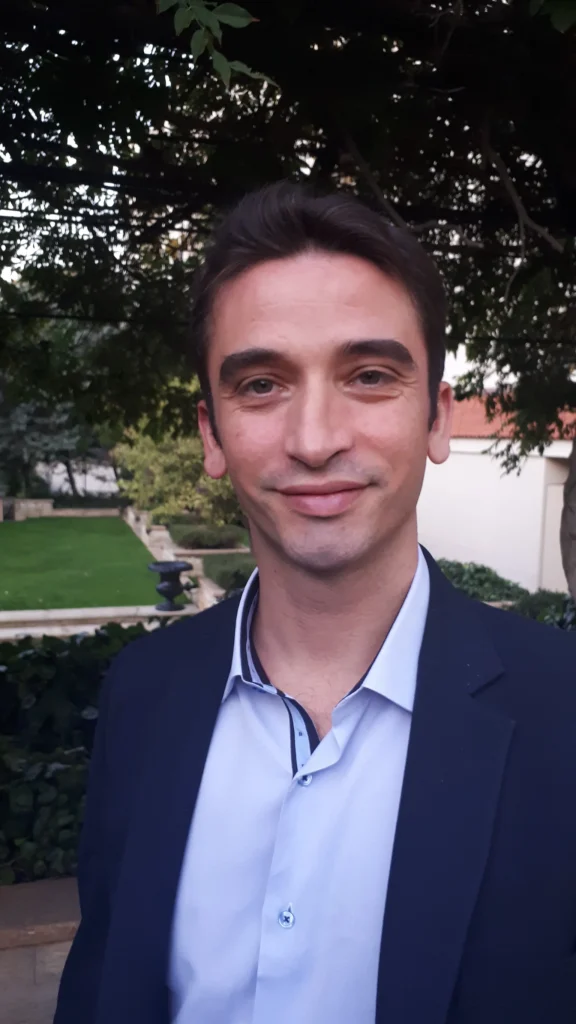
“I chose to set up SINAY in Normandy because the local system is ideal for supporting start-ups. Normandie Incubation, BPI, CCI export, ADN and Normandie Participations are just some of the services working together to fast-track a project into an exciting company.
SINAY is a big data platform fuelling the economy and ocean conservation.
Once again, Normandy has lots of aces up its sleeve. Normandie Maritime unites companies involved in shipbuilding, water sports, renewable energy, ports and fishing. We are also part of French Tech, a community of entrepreneurs sharing their experience and backgrounds.
Last but not least, the network of universities and grandes écoles has scientific expertise and trains new talents that companies need every year.”
Yanis Souami
Thematics

